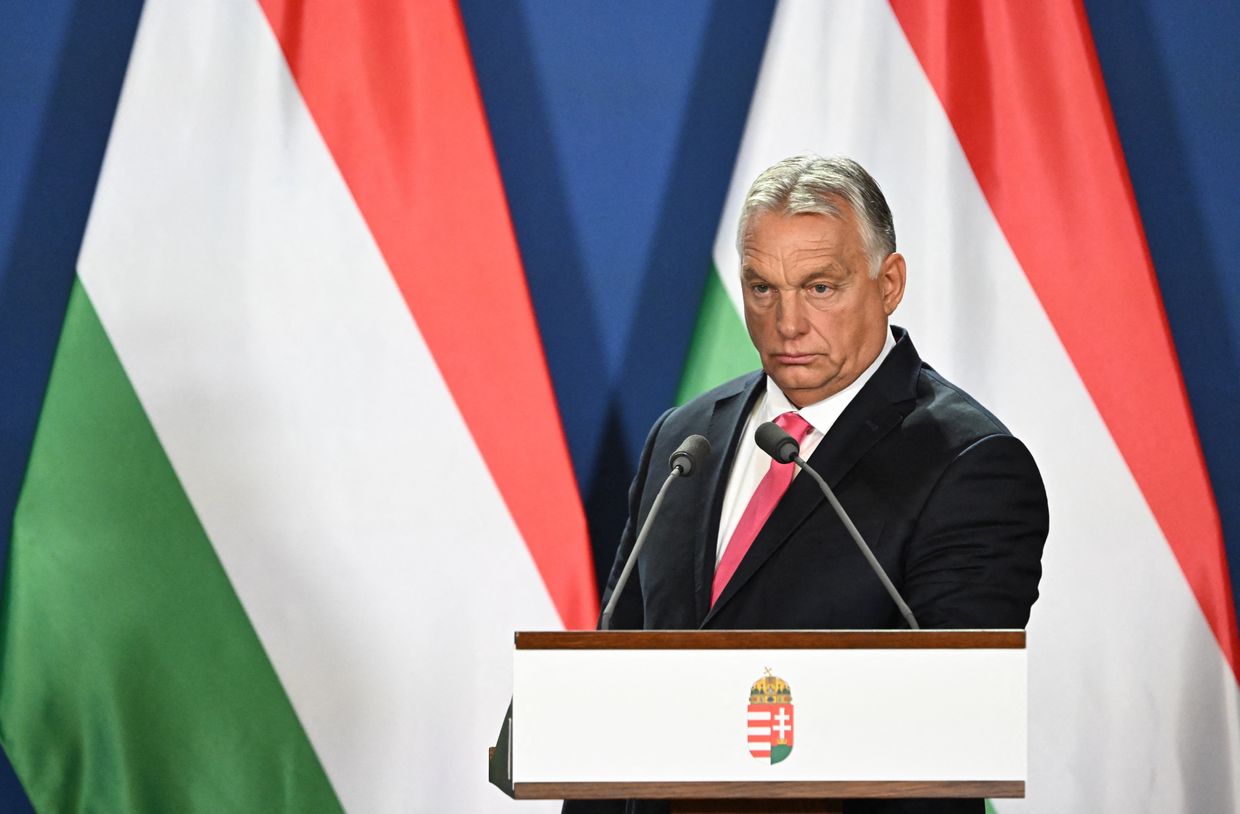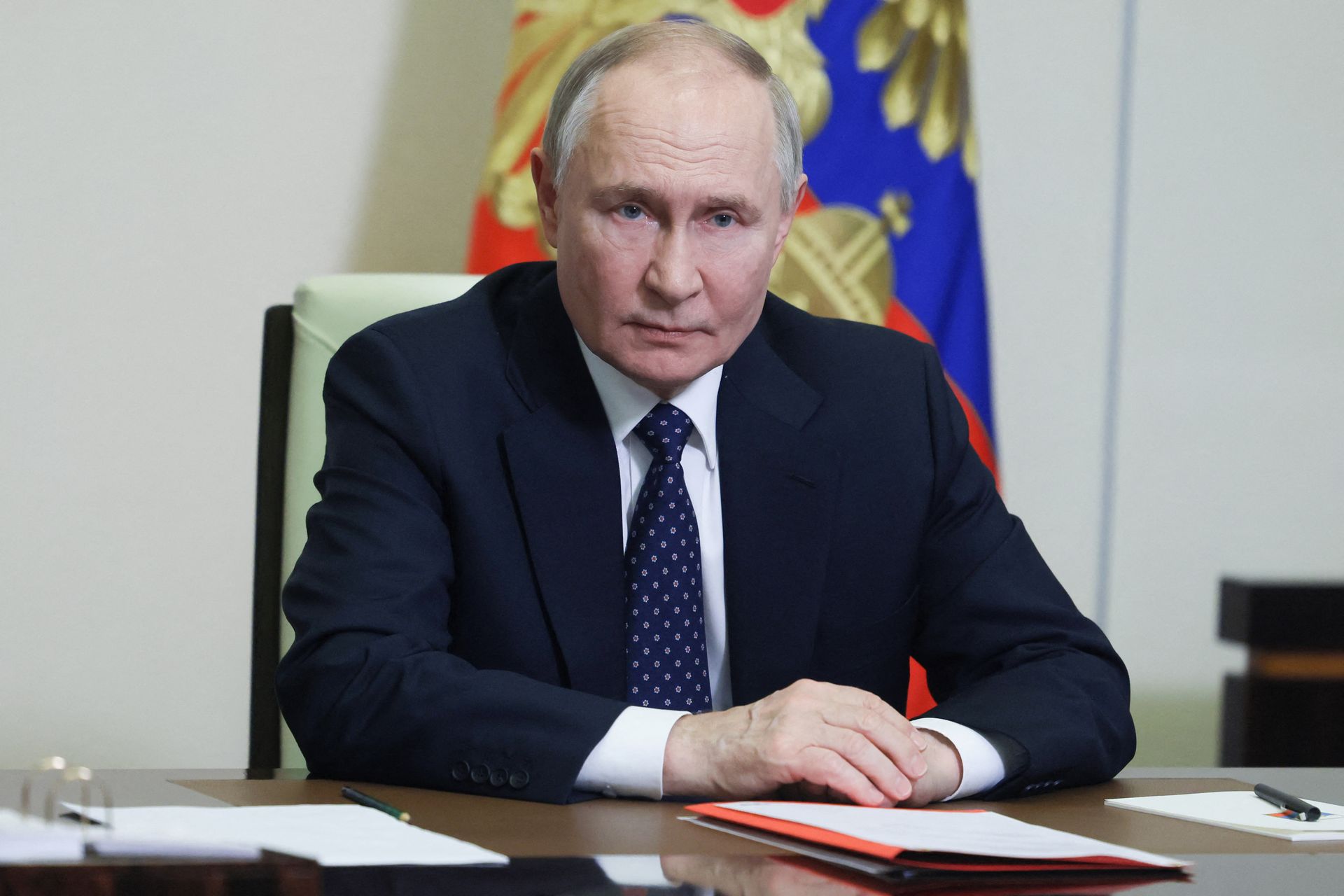After spying scandal erupts, Orban accuses Ukraine of meddling, cooperating with Hungarian opposition

Hungarian Prime Minister Viktor Orban accused Ukraine of meddling in Hungary's internal affairs and colluding with an opposition party, European Pravda reported on May 13.
"Ukraine has initiated a coordinated campaign to vilify Hungary in order to undermine our initiative to hold a poll on (Kyiv's) EU membership," Orban said after the meeting of the Hungarian Defense Council.
The remarks came days after Ukraine's Security Service (SBU) claimed it had exposed a Hungarian espionage network in western Ukraine, detaining two agents.
In response, Hungary expelled two Ukrainian diplomats, a move met with reciprocal expulsions by Kyiv.
Orban escalated the accusations by claiming that Kyiv had "renewed its contacts in Hungary to carry out this campaign" and had "launched a campaign against the Hungarian Defense Forces with the help of a Hungarian politician."
"Thus, the Hungarian opposition party took an active part in the special operation of the Ukrainian secret service. Such a thing has never happened in our memory," Orban said, likely referring to the Tisza party led by opposition figure Peter Magyar.
The opposition politician visited Kyiv in July 2024, raised funds for humanitarian aid, and pledged to "end Hungary's isolation from the West" if elected.
The country is scheduled to hold national elections in 2026.
Orban said Hungary would proceed with a national consultation on Ukraine's EU membership bid, emphasizing that "neither Brussels nor Kyiv can decide instead of the Hungarian people."
The poll is non-binding and part of Orban's regular political playbook. Past consultations have been criticized for low turnout and manipulative questions.
For instance, a 2023 consultation on EU migration policy asked Hungarians if they supported Brussels's creation of "migrant ghettos" in Hungary.
Less than 20% of voters participated, but 99% of those who did responded "no."
Kyiv formally applied for EU membership in 2022 and began accession talks in June 2024. EU leaders have outlined 2030 as a tentative target for Ukraine's potential entry.
As a member state, Hungary holds veto power over each phase of the process.
Orban, widely regarded as the EU's most pro-Russian leader, has repeatedly opposed military aid for Ukraine and warned that Ukraine's EU membership would "destroy" Hungary.












